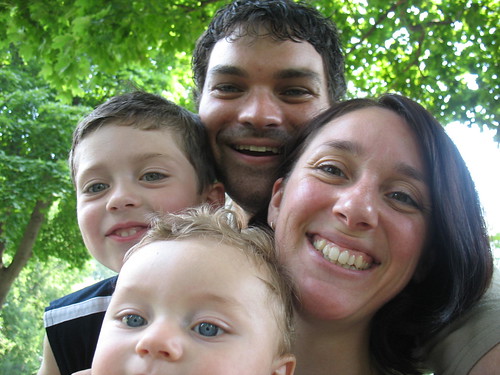i spend quite of bit of time studying and meditating in the bible. i believe that the ancient scriptures are the story of God's mission. God is on a mission to restore friendship (the biblical term is "reconcile") with people and to restore all of the earth's environment, systems, cultures, and creatures to their intended purpose. the scriptures point to the One who created everything and show what true relationship with this One looks like.
the christian scriptures were originally written in ancient languages that few Americans can read. that's where the beauty of translation comes in and today we have many, many translations of the scriptures in English. recently, i've noted that there are many key words in the english translations have not be translated well for contemporary americans. here is my list of words that may need to be reclaimed for a fresh contextualization of the good news in 21st century america:
when people called out across a market place to the one we call jesus, they might have said, "hey, joshua!" jesus' name in hebrew was yeshua and the best english translation of this name is joshua. so might we need to start praying in joshua's name? Iasous was the greek translation of his name and our word, "jesus," is a translation of the translation. thankfully, a name is not just the sounds we make with our vocal chords but is more the concept we have in our mind. (and i don't think i'm ready to change on this one....yet.).
christ is not jesus' last name, it's a title. it means "messiah" or "anointed one." it refers the one the ancient jewish prophets foretold was coming to restore the kingdom of Israel, bring total peace on earth and restore humanity to right relationship with God. often in the new testament, jesus was refered to "yeshua the messiah of nazareth." (this was important because there many other men with the name yeshua living at the same time.) xristos is the greek translation of messiah. christ is a translation of a translation.
even though what i just said about vocal chords is true, it strikes me as very relationally inappropriate that english translations use "LORD" for the name that God revealed of himself in the old testament. that name was YHWH, or Yahweh (traditionally jevohah.) jewish tradition forbade people from using God's covenant/relational name out of fear that people might misuse this name and break a command. but not many of us would like it if we introduced our name to people and they consistently used a title or another name altogether! ("hi, my name is luke." "oh, hello, sir." "no please, just call me luke, that's what those close to me call me." "oh, sure thing, sir.")
this one is truly perplexing and frustrating and has been one of my most recent studies. the word that jesus and the early christians used for the continuing group of disciples (or apprentices - see below) of jesus was ecclesia in the greek. this is simply assembly or gathering in the english. it had nothing to do with a building, a program and a staff, but those are the images that come to mind today. ecclesias more resembled the structure of a loose network-like organization centered around ideals and values than a tightly regulated, heirarchical institution.
any kind of -ism scares most people, even though we all hold dearly to many isms. evangel means "good news." the word we translated evangelism carries a connotation of witnessing to something and of communicating a message the news sender wished to communicate. i like to use the english term, "good-newsing" instead to avoid all the unfortunate meanings it has today.
today, most people see "preaching" as the communication/teaching of the bible that happens from the person up front to the people sitting in the church. but the strange thing is that the world translated "preach" just means "proclaim" and it is almost always used of the communication of the message of jesus to those who haven't yet heard the news.
jesus, in his final instructions, tells his disciples to go and make more disciples (who would in turn make more disciples.) this word, disciple, is fairly ungrounded in our vocabulary as 21st century americans. a closer translation might be something like "apprentice." the word "student" might work except for the fact that western culture only knows one type of student - one who sits in a classroom, absorbs information and recites it on a test. a disciple/apprentice/student is one who is mentored by a master teacher in the lifestyle and work of the teacher for the sake of carrying on the ways of the master teacher.
i think that most people think of an apostle as either 1) a crazy-haired person on religious TV or 2) one of jesus' first followers who were super-holy, beyond-human guys who are now forever remembered by religious paintings and artifacts. jesus seemed to have coined a term when he called a special group of his apprentices "apostles." he had many more apprentices than twelve, but he spent more time with this group of twelve. apostle just means "sent-one," and the problem is that the weird english word, apostle, conjures little picture of sending. i don't know what a good translation would be.
would you add more?
~~~~~~
i believe we need a translation of the scriptures in the enlish that is translated by missionary translators. the good new translation comes closest perhaps, but it doesn't go far enough. i dream of a time when jesus's apprentices today spend more time helping each other actually DO the things jesus said and taught and less time figuring out what the authors meant to get across.

